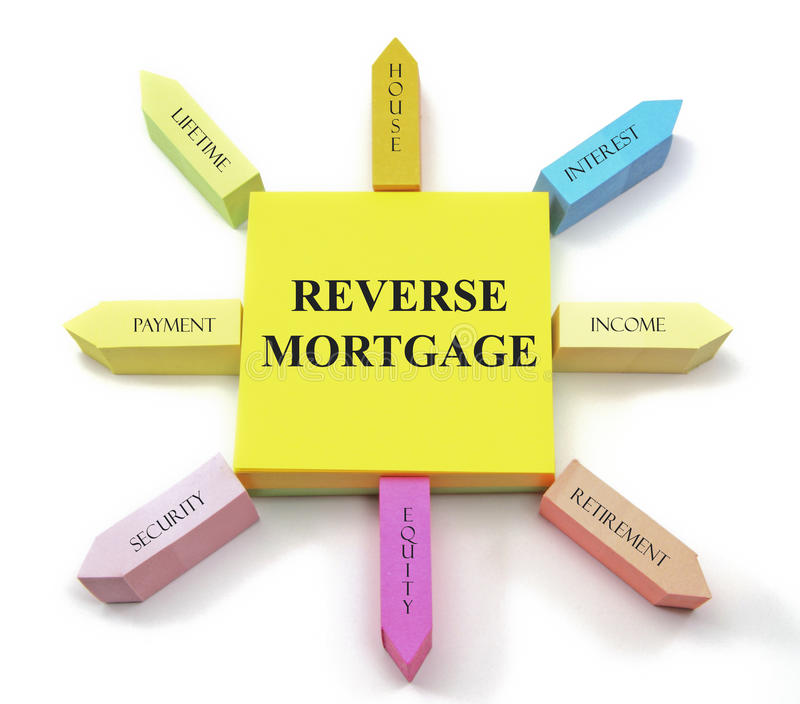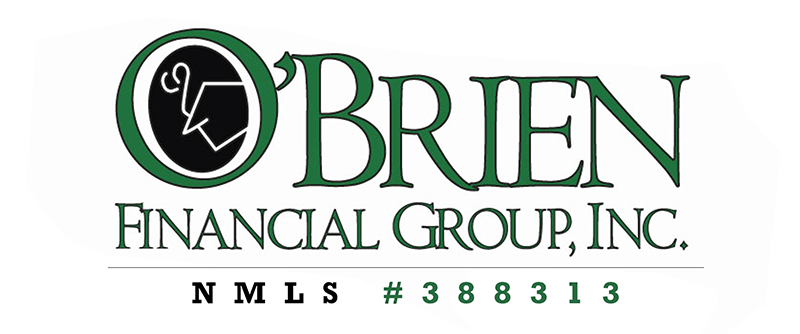What is a reverse mortgage?

A reverse mortgage is a type of home loan that allows homeowners who are at least 62 years old to borrow money against the equity they have built up in their home.
Instead of making monthly payments to the lender, the lender pays the borrower a lump sum or regular payments, which can be used for any purpose.
The loan is repaid when the borrower dies, sells the home, or moves out permanently.
At that time, the loan balance, plus interest and fees, must be repaid, typically from the proceeds of the sale of the home.
The amount of the loan is determined by several factors, including the age of the borrower, the value of the home, and current interest rates.
What are the pros and cons?
Pros:
- Provides a source of income for older homeowners who have limited retirement savings or income streams.
- Allows homeowners to tap into the equity they have built up in their homes without having to sell the property or move out.
- The loan is not repaid until the borrower dies, sells the home, or moves out, which means that the borrower can continue to live in the home without making monthly mortgage payments.
- The borrower retains ownership of the home and can use the loan proceeds for any purpose.
- There are no income or credit score requirements to qualify for a reverse mortgage.
Cons:
- Reverse mortgages can be expensive, with fees and closing costs that can be higher than traditional mortgage loans.
- The interest rates on reverse mortgages are typically higher than those on traditional mortgages, which means that the loan balance can grow quickly over time.
- Borrowers must continue to pay property taxes, homeowners insurance, and maintain the property, or risk defaulting on the loan.
- The loan must be repaid when the borrower dies, sells the home, or moves out, which means that the borrower’s heirs may inherit a smaller estate.
- Borrowers who take out a reverse mortgage may be ineligible for certain government benefits, such as Medicaid or Supplemental Security Income (SSI).
- Reverse mortgages may not be suitable for homeowners who plan to move out of their homes in the near future, as the costs associated with the loan may outweigh the benefits in such cases.
Your mortgage broker can be a great resource when considering a reverse mortgage.
They can provide information about the different types of reverse mortgages available, the eligibility requirements, and the costs and fees associated with the loan.
